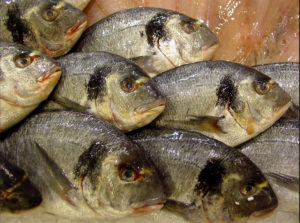
Combined effects of nutritional, biochemical, environmental stimuli on gilthead sea bream
Study evaluates effects of holding temperature and low fish oil diets with dietary genistein on several production parameters for gilthead sea bream.
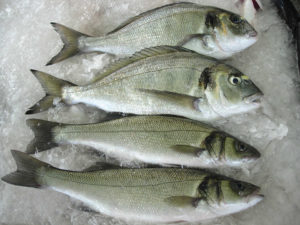
A quality project for sea bream, sea bass
In trials, finishing diets improved the appearance of sea bass and sea bream with equivalent or higher performance than that achieved with standard grow-out diets.
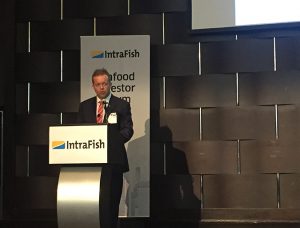
Investors see (mostly) upsides in aquaculture’s outlook
Aquaculture is attractive to investors, but they remain wary of diseases that could stunt projections of massive growth. At the IntraFish Seafood Investors Forum in New York, discussion about the salmon industry and its challenges — antibiotics, genetically modified fish, Chile’s woes, sea lice — revealed both criticism and optimism.
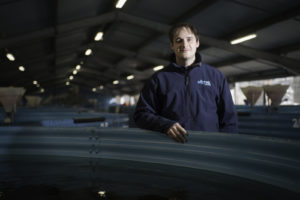
On the Job: Young fish veterinarian holds a hopeful outlook
Harry Hamlin-Wright is a fish vet. It’s a career choice that gets strange looks but offers him varied and interesting work. See the world of aquatic animal health and welfare through a fresh set of eyes in a new Advocate series on aquaculture jobs.
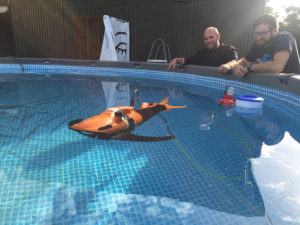
Fish farmers turn to drones for health, feed monitoring
Two technology startups are offering unique fish-monitoring solutions for aquaculture producers. Using algorithms, drones and computer vision software, Aquaai and Aquabyte aim to take labor-intensive and error-prone tasks out of human hands.
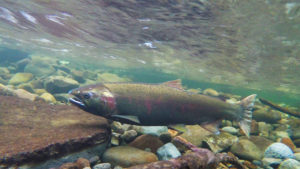
Genome editing potential to improve aquaculture breeding, production, Part 2
Genome editing can contribute to sustainable aquaculture production in terms of disease resistance and sterility to prevent interbreeding with wild stocks.
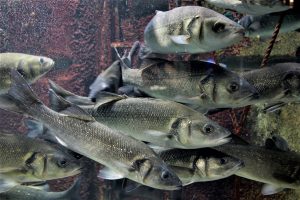
Testing alternative diet compositions to offer more sustainable feed formulations for European sea bass
Alternative diets using novel plant and animal-derived protein sources have comparable performance to current commercial sea bass feeds.
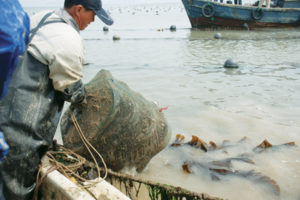
Sea cucumbers enhance IMTA system with abalone, kelp in China
In the authors’ recent study, sea cucumbers were added directly to abalone cages with no modifications of the culture equipment to form a simple, low-cost IMTA production system.
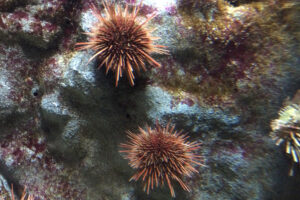
How ocean warming and acidification affect the life cycle of six commercial sea urchin species
A summary of the literature focusing on the impacts of ocean warming and acidification on life stages of commercially relevant sea urchin species.
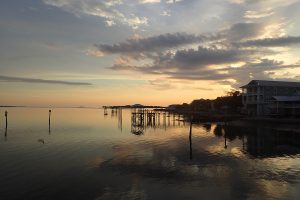
Give and take: Aquaculture in a future of rising sea levels
With rising sea levels inevitable, aquaculture faces existential uncertainties and confronts its own contributions to the problem.
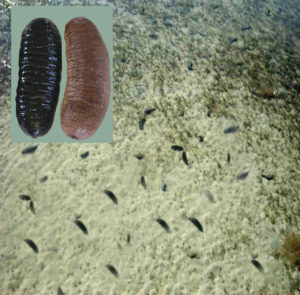
Tropical sea cucumber culture
Advances in the culture of sea cucumber species are countering the overexploitation of wild populations. Protocols for intensive hatchery production are well established, and juvenile production efficiency has improved.
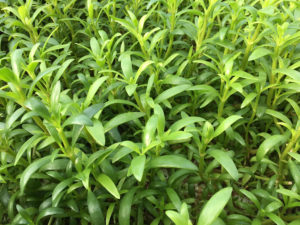
Sea purslane research at Mote Aquaculture Research Park
The Mote Aquaculture Research Park in Florida is developing a pilot-scale recirculating aquaponic system for the useful halophyte plant sea purslane.
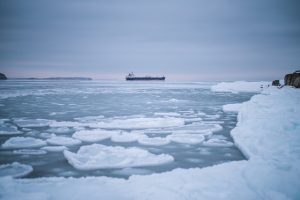
Could changing Arctic sea ice in the Bering Sea impact seafood?
A new study suggests that the freezing and melting of Arctic sea ice heavily impacts the marine primary productivity in the Bering Sea.
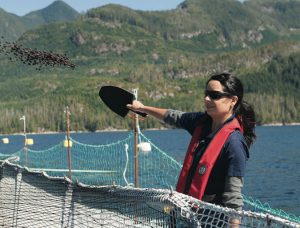
B.C. salmon farmers unveil sustainability report
The British Columbia Salmon Farmers Association releases its first annual Sustainability Progress Report as the Global Aquaculture Alliance hosts its GOAL conference in Vancouver, B.C. The group intends to share progress on environmental, social and economic impacts.
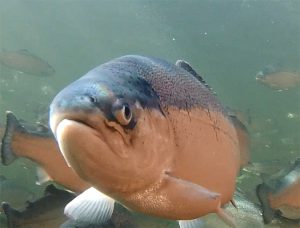
Mucosal mapping architect wins aquaculture innovation award
Quantidoc AS in Norway is the commercialization of Prof. Karin Pittman’s years of fish health research. Pittman, winner of this year’s Global Aquaculture Innovation and Leadership Award, utilizes stereology to measure and better understand mucous on gill, gut and skin tissues – the first line of defense for fish.
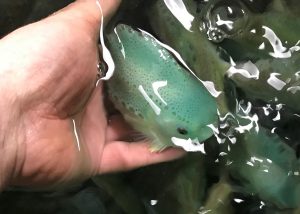
Breeding for behavior in pursuit of a better cleaner fish
Researchers are investigating the behaviors of cleaner fish like ballan wrasse and lumpfish, hoping to spur greater interaction with salmon.
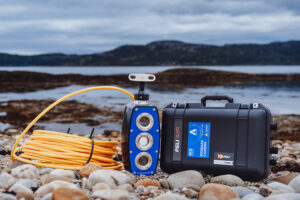
Responsible Aquaculture Innovation Award Finalist: Ace Aquatec’s farmed fish biomass estimator
With weight variance a costly problem for fish farmers, Ace Aquatec says its A-BIOMASS® biomass estimator boasts high accuracy rates.

Stress susceptibility of echinoderms under aquaculture conditions
If an animal is stressed, its immune function decreases, and vulnerability to diseases increases. Since there is currently no effective treatment for disease in echinoderms, the authors examined the impacts of handling and salinity fluctuations on the immune functions of sea cucumbers and sea urchins.
